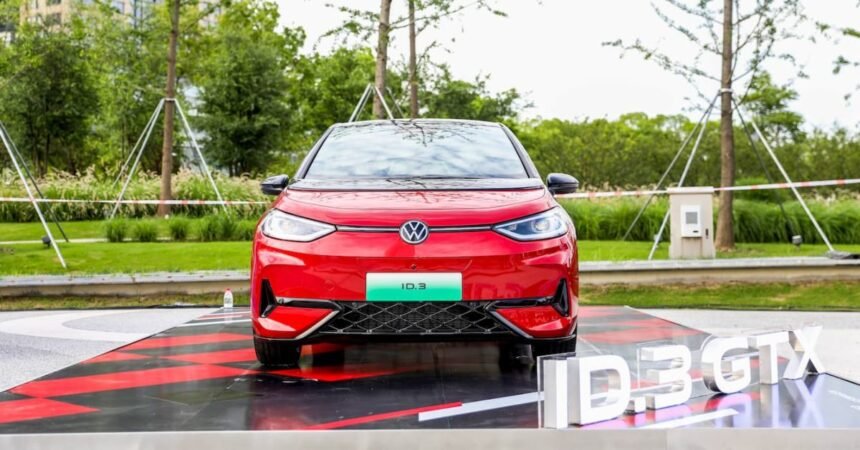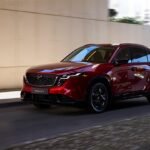Global automakers are facing challenges in China, with Volkswagen announcing the closure of a plant in the country. The Nanjing facility, operated by VW’s joint venture SAIC Volkswagen, will officially shut down later this year. This move comes as a result of slower sales and the shift towards electric vehicles (EVs) in the market.
Volkswagen’s decision to close the plant is significant, considering that China accounts for around 30% of the company’s deliveries. The Nanjing plant, which opened in 2008, produces popular gas-powered vehicles like the Passat and Skoda Superb. Despite its capacity to build over 360,000 vehicles annually, output has been lagging.
In response to the closure, Volkswagen plans to move production of the Passat to a nearby plant in Jiangsu province. The company also confirmed that many SAIC Volkswagen sites are being converted for EV production. In the first half of 2025, SAIC Volkswagen saw a 2.3% increase in vehicle sales, with new electric models like the ID.4X Smart Edition and ID.3 GTX hitting the market.
While the market is shifting towards EVs, Volkswagen intends to continue producing both gas-powered and electric vehicles. The company aims to launch over 20 new vehicles, including EVs, extended-range electric vehicles (EREVs), and plug-in hybrids (PHEVs) by 2030. The closure of the Nanjing plant underscores the need for automakers to adapt to changing market demands.
In addition to Volkswagen’s plant closure, Jeep maker Stellantis is facing challenges in China. The company is filing for bankruptcy through its joint venture with GAC Group, GAC-FAC. Stellantis and GAC announced plans to end the joint venture in 2022, leading to all Jeep vehicles in China being imported since October of that year.
As global automakers struggle in China, domestic EV makers like BYD are gaining market share. BYD surpassed Volkswagen as the best-selling car brand in China in 2023 and has continued to expand its lead. With other Chinese EV companies like Xpeng, NIO, and Xiaomi also gaining traction, global OEMs are facing tough competition in the market.
Overall, the closure of Volkswagen’s plant in China highlights the challenges faced by global automakers in adapting to the rapidly changing automotive landscape. With Chinese EV companies leading the charge, legacy brands will need to innovate and introduce new models to stay competitive in the market.







